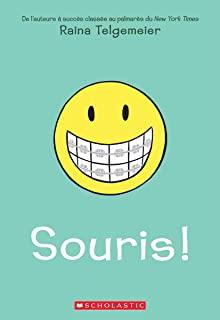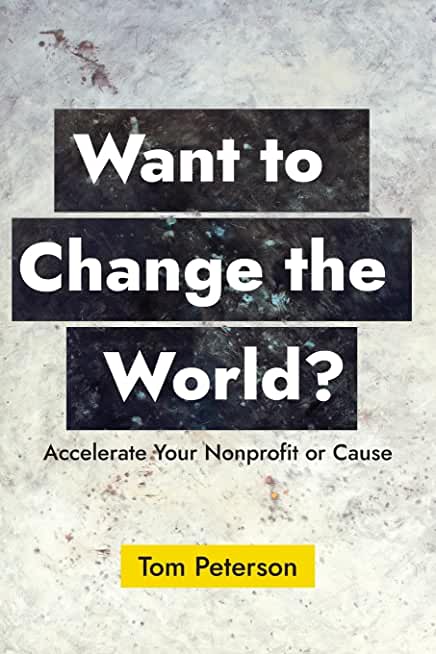
description
ys, each page of Eduardo Galeano's Children of the Days has an illuminating story that takes inspiration from that date of the calendar year, resurrecting the heroes and heroines who have fallen off the historical map, but whose lives remind us of our darkest hours and sweetest victories. Challenging readers to consider the human condition and our own choices, Galeano elevates the little-known heroes of our world and decries the destruction of the intellectual, linguistic, and emotional treasures that we have all but forgotten. Readers will discover many inspiring narratives in this collection of vignettes: the Brazilians who held a "smooch-in" to protest against a dictatorship for banning kisses that "undermined public morals;" the astonishing day Mexico invaded the United States; and the "sacrilegious" women who had the effrontery to marry each other in a church in the Galician city of A Coruna in 1901. Galeano also highlights individuals such as Pedro Fernandes Sardinha, the first bishop of Brazil, who was eaten by Caete Indians off the coast of Alagoas, as well as Abdul Kassem Ismael, the grand vizier of Persia, who kept books safe from war by creating a walking library of 117,000 tomes aboard four hundred camels, forming a mile-long caravan. Beautifully translated by Galeano's longtime collaborator, Mark Fried, Children of the Days is a majestic humanist treasure that shows us how to live and how to remember. It awakens the best in us.
member goods
No member items were found under this heading.
listens & views

SACRE DU PRINTEMPS / PETROUCHKA ...
by STRAVINSKY / USSR SYMPHONY ORCHESTRA / SVETLANOV
COMPACT DISCout of stock
$27.49
Return Policy
All sales are final
Shipping
No special shipping considerations available.
Shipping fees determined at checkout.






